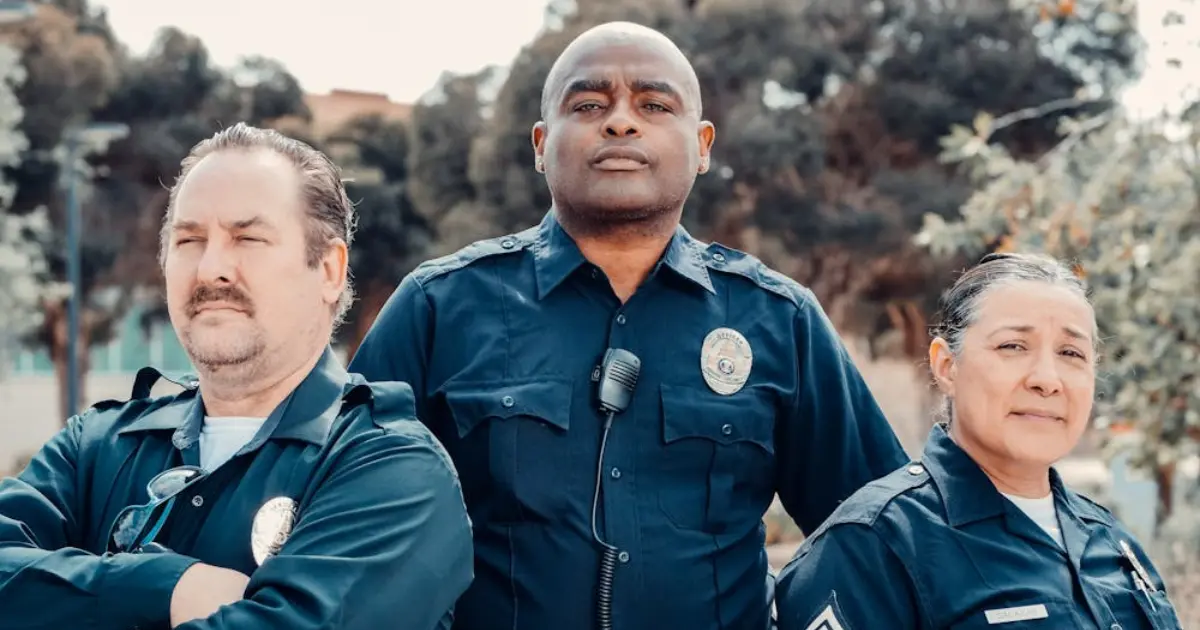Imagine a sports team. Maybe you picture your favorite football players or a basketball team scoring a winning basket. Now, imagine that this team is secretly run by the police! Sounds strange, right? Well, that’s exactly what happened with many sports teams named “Dynamo” during the Soviet era.
This article will take you on a journey to explore the unusual link between the secret police and sports clubs bearing the name “Dynamo.”
We’ll learn how these teams came to be, where they existed, and the impact they had on the world of sports. Get ready to uncover a fascinating piece of history!
The Birth of “Dynamo”
The story begins in the Soviet Union, a vast country that existed many years ago. In 1923, a sports club called “Dynamo” was formed in Moscow. This club wasn’t just about playing games; it was closely tied to the Soviet secret police.
Why the name “Dynamo”? Well, “dynamo” means something that creates power or energy. The Soviet authorities wanted the name to represent strength and energy, qualities they associated with the police.
Secret Police and Dynamo Teams: A Powerful Combination
The original Dynamo club in Moscow quickly gained popularity. Soon, other Dynamo clubs started popping up across the Soviet Union and its allied countries. These clubs often had direct links to the secret police in those regions.
- In East Germany, the Stasi, the country’s secret police, had its own Dynamo club – Berliner FC Dynamo.
- In the Soviet republic of Georgia, Dinamo Tbilisi was associated with the feared NKVD, the Soviet secret police agency.
These clubs received special support and benefits, like better training facilities and easier access to top athletes. This often gave them an advantage over other teams.
Dynamo Teams Across the Soviet Sphere
To better understand the spread of Dynamo teams, let’s take a look at some examples:
| Country | Team Name | Associated Secret Police |
|---|---|---|
| Soviet Union | Dynamo Moscow | KGB |
| East Germany | Berliner FC Dynamo | Stasi |
| Romania | Dinamo București | Securitate |
| Hungary | Dynamo Budapest | ÁVH |
| Bulgaria | Dinamo Sofia | DS |
As you can see, the Dynamo name and its connection to the secret police were widespread across the Soviet Union and its allies.
The Impact of Secret Police Involvement
The influence of the secret police on Dynamo teams was significant. It helped these teams achieve success on the field, but it also raised questions about fairness and sportsmanship. Some people felt that Dynamo teams had an unfair advantage due to their connections.
Moreover, the association with the secret police sometimes made Dynamo teams a symbol of oppression. In countries where people were fighting against communist rule, opposing Dynamo teams became a way to show resistance.
Dynamo Today: A Mixed Legacy
After the Soviet Union collapsed in 1991, many things changed. Some Dynamo teams kept their names, while others changed them. The link with the secret police is mostly a thing of the past.
However, the legacy of the Dynamo name remains complex. For some, it represents a time of control and unfairness. For others, it’s a reminder of great sporting achievements.
A Lasting Connection
The story of the secret police and Dynamo teams is a reminder that sports and politics can be closely intertwined. It’s a story about power, control, and the impact these forces can have on something as simple as a game. Even today, the name “Dynamo” continues to spark conversations and debates about its historical significance.
Summary
In this article, we journeyed through the intriguing history of the “Dynamo” team name and its peculiar connection to secret police forces. We learned how these teams were established as a symbol of power and how they spread across the Soviet Union and its allied nations.
We also explored the impact of secret police involvement on these teams, raising questions about fairness and sportsmanship. Finally, we reflected on the mixed legacy of the Dynamo name today, serving as a reminder of the complex relationship between sports and politics.
FAQs
Can you provide some specific examples of how secret police influenced Dynamo teams?
Secret police often ensured that Dynamo teams had the best resources, including top-notch training facilities, equipment, and coaches. They sometimes pressured talented athletes to join Dynamo clubs, giving these teams an advantage in competitions.
Why did some people see Dynamo teams as a symbol of oppression?
In countries where people were unhappy with communist rule, Dynamo teams, due to their association with the secret police, were often seen as an extension of the oppressive regime. Supporting rival teams became a way for people to express their discontent.
Do any Dynamo teams still exist today?
Yes, many Dynamo teams still exist today, particularly in former Soviet bloc countries. However, their connection to the secret police is largely a thing of the past.
What is the legacy of the Dynamo name in modern sports?
The Dynamo name carries a complex legacy. While it represents a history of sporting achievement for some, it also symbolizes a period of political influence and unfair practices in sports for others.
Is there a modern equivalent to the historical influence of secret police on sports teams?
While the direct influence of secret police on sports teams is less common today, government or politically affiliated entities in some countries may still exert influence over certain teams or sports organizations. This can raise concerns about fair play and the true spirit of sportsmanship.
